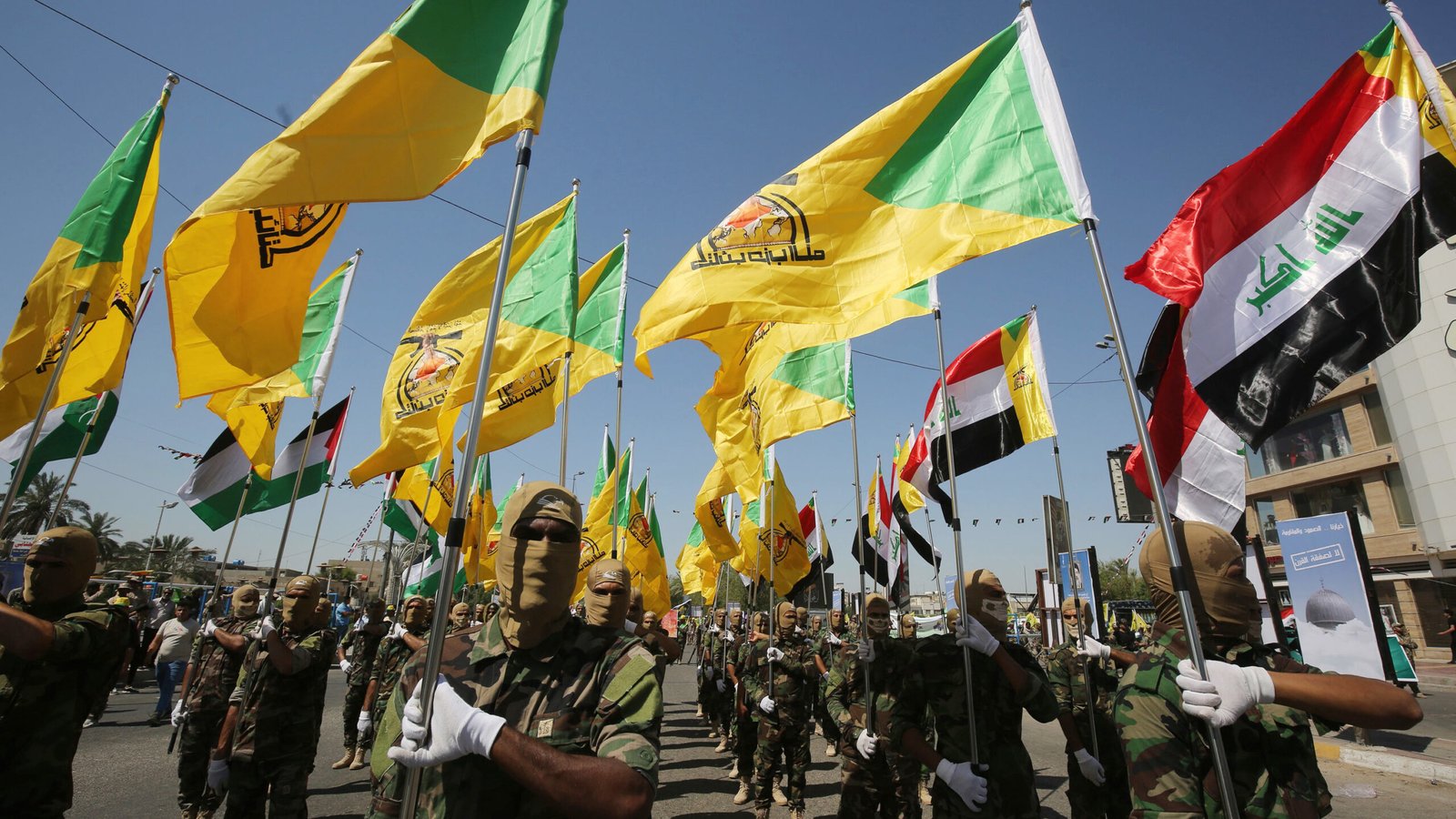### Communication with Iran Prior to Retaliatory Strikes: A Delicate Balance
In the intricate ballet of international diplomacy and military strategy, the recent retaliatory strikes against Iranian-backed forces have reignited a perennial debate: Were there any back-channel communications with Tehran before these actions were taken? Official sources on both sides have been quick to issue denials, yet whispers persist about possible pre-attack discussions aimed at preventing an outright conflict while still delivering a response robust enough to satisfy domestic political imperatives.
The concept of back-channel communications is hardly novel in the annals of international relations. Such undisclosed dialogues serve as critical pressure valves, allowing states to navigate the treacherous waters between overt hostility and passive acquiescence. In dealing with Iran—a nation whose geopolitical maneuvers are often cloaked in layers of complexity—these channels are not just optional; they are indispensable.
From a pragmatic standpoint, engaging Tehran through covert diplomatic avenues prior to launching retaliatory strikes serves multiple strategic objectives. Firstly, it provides a platform for de-escalation, whereby each party can articulate its red lines clearly and confidentially. This mutual understanding can help prevent an escalation spiral that neither side desires but could easily be precipitated by misinterpretation or miscalculation of unilateral military actions.
Secondly, such communication allows for a controlled narrative on both ends. For the attacking nation, it offers the chance to communicate the specific reasons for retaliation directly to Iranian decision-makers, emphasizing that the action is not an opening salvo in a broader confrontation but rather a targeted response. For Iran, having foreknowledge—even if it cannot publicly acknowledge it—enables preparation and potentially mitigates some impacts, thus preserving national pride and reducing the impetus for immediate reprisal.
However, this delicate dance comes with its own set of challenges. The effectiveness of back-channel communications hinges on trust—a commodity in short supply between nations with histories of deep-seated suspicion towards one another. Moreover, any leak or public acknowledgment of these talks risks undermining their very purpose: managing domestic political narratives while avoiding full-scale conflict.
Looking forward from this juncture requires acknowledging that while force remains a necessary instrument in statecraft against aggressive postures or provocations by actors like those backed by Tehran, it should ideally be wielded with finesse rather than brute strength. Herein lies the value proposition of maintaining open lines (however unofficial) for dialogue: they offer pathways towards resolution that circumvent unnecessary bloodshed and foster longer-term stability.
Policy options moving forward must therefore balance assertiveness with diplomacy. On one hand ensuring national security interests are safeguarded through decisive action when warranted; on another hand pursuing engagement strategies that aim at constructive outcomes over punitive measures alone.
In conclusion, navigating relations with Iran—particularly concerning matters as volatile as military retaliation—demands a nuanced approach that leverages both hard power and diplomatic savvy. While official channels may deny their existence or utility due to political expediency or strategic considerations , back-channel communications likely play—and should continue to play—an essential role in averting unintended escalations into broader conflicts.
As we look toward an uncertain future where geopolitical tensions remain high but opportunities for détente exist amidst adversity , embracing such dual-track strategies will prove crucial in crafting foreign policies that are both principled and pragmatic — hallmarks of effective governance in today’s complex international arena .

Leave a Reply